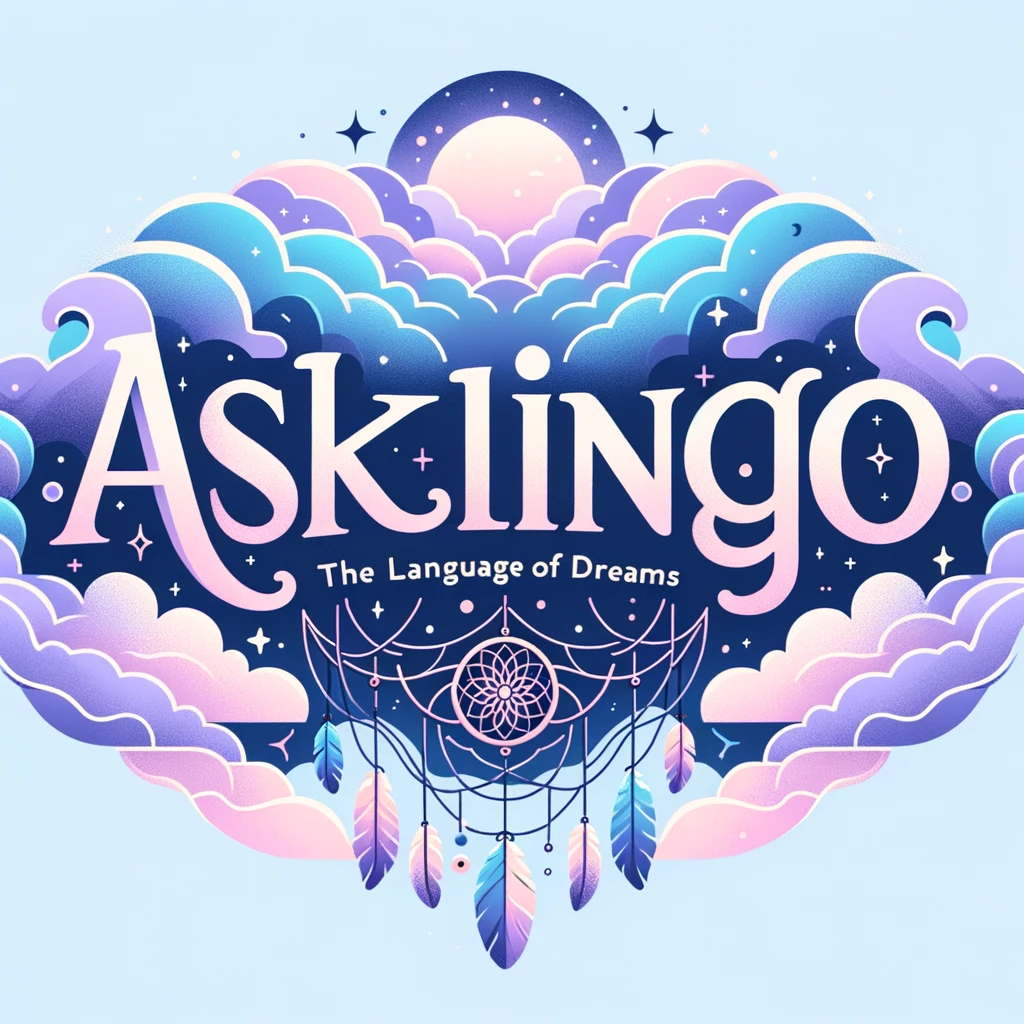Decrypt the Hidden Messages of Dreams for Personal Insight
Dreams have always fascinated me. The mysterious world that unfolds in our sleep, filled with symbols and hidden messages, offers a unique opportunity for personal growth and self-discovery. Through the art of dream interpretation, we can unlock the symbolic meanings behind these nocturnal visions and gain profound insights into our lives.
As I delved into the language of dreams and deciphered their enigmatic messages, I realized the immense wisdom they hold. Each dream is like a puzzle, revealing fragments of our subconscious mind and presenting us with valuable clues about our desires, fears, and unresolved issues. By learning to interpret these cryptic messages, we can tap into the subconscious realm and embark on a transformative journey of self-exploration.
Key Takeaways:
- Dream interpretation is the key to unlocking the symbolic meanings behind our dreams.
- Understanding the language of dreams is crucial for unraveling their hidden messages.
- Emotions and themes in dreams provide insights into our subconscious state.
- Lucid dreaming offers limitless possibilities for personal growth and self-exploration.
- Exploring cultural traditions of dream interpretation enriches our understanding of the unconscious mind.
Understanding the Language of Dreams: A Beginner’s Guide
Dreams have long been regarded as mysterious windows into our subconscious mind. They are not simply random images that pass through our minds while we sleep. Rather, dreams are a language through which our unconscious communicates with us. Unlocking this language requires an understanding of dream interpretation and the symbolic meanings hidden within our dreams.

When we pay close attention to the symbols, emotions, and patterns within our dreams, we can begin to unravel their hidden messages. Dreams often manifest in symbolic forms, using objects, animals, and scenarios to convey deeper meanings. For example, seeing a snake in a dream may symbolize transformation or healing, while flying can represent a sense of freedom or transcendence. By understanding these symbols, we can gain valuable insights into our unconscious mind and the messages it is trying to convey.
Interpreting dreams requires patience and self-reflection. Keeping a dream journal can be a helpful practice in this journey. By recording our dreams as soon as we wake up, we can preserve the details and emotions associated with them. Over time, patterns and recurring symbols may emerge, providing a deeper understanding of our inner selves. A dream journal serves as a roadmap to interpretation and a valuable resource for personal growth and self-reflection.
Understanding the Language of Dreams: Key Points
- Dreams are a language through which our unconscious mind communicates with us.
- Symbols, emotions, and patterns within dreams hold hidden messages.
- Interpreting dreams requires understanding the symbolic meanings behind the elements in our dreams.
- Keeping a dream journal is a helpful practice in understanding and interpreting dreams.
By delving into the language of dreams and deciphering their symbolic messages, we can gain profound insights into our unconscious mind and embark on a transformative journey of self-discovery.
Delving into the Depths: Emotions and Themes in Dreams
Dreams are not only a canvas of symbols but also a reflection of our deepest emotions and underlying themes. Exploring the emotional landscape of our dreams can provide valuable insights into our subconscious state and bring to light unresolved issues or desires that may be influencing our waking life. By delving into the depths of our dreams, we embark on a journey of self-discovery that can lead to personal growth and transformation.
Emotions play a significant role in dreams, ranging from fear and anxiety to joy and love. These emotions serve as indicators of our internal emotional landscape, and by paying attention to them, we can gain a better understanding of our true feelings, fears, and desires. Identifying the dominant emotions in our dreams can serve as a compass, guiding us towards areas in our lives that require attention or exploration.
The themes present in our dreams also hold valuable clues to our subconscious mind. Dreams often touch upon universal themes such as success, failure, loss, and transformation, allowing us to explore these concepts in a safe and symbolic space. By recognizing and analyzing recurring themes in our dreams, we can gain insight into the patterns that shape our lives and make informed decisions about our personal growth and development.
Uncovering the Hidden Messages
When interpreting dreams, it is crucial to remember that the interpretation is subjective and unique to each individual. However, there are certain common dream symbols and themes that have been studied and analyzed extensively, providing a foundation for understanding their potential meanings. For example, water often symbolizes emotions, while flying can represent freedom or a desire for escape.
“Dreams are the touchstones of our character.” – Henry David Thoreau
Keeping a dream journal can be a helpful tool in uncovering the hidden messages within our dreams. By regularly recording our dreams and reflecting on their symbols, emotions, and themes, we create a personal archive that allows us to track patterns and recurring elements. This process of self-reflection can lead to a deeper understanding of ourselves, our desires, and our fears, ultimately empowering us to make positive changes in our lives.
Understanding the emotions and themes in our dreams is an ongoing process of self-exploration and self-reflection. By delving into the depths of our dreams, we gain access to the wisdom of our subconscious mind and unlock the potential for personal growth and transformation.

Unleashing the Power of Lucid Dreaming for Personal Growth
Lucid dreaming is a remarkable phenomenon that offers incredible opportunities for personal growth and self-exploration. With lucid dreaming, I can become an active participant in my dreams, consciously influencing the course of the dream and tapping into its transformative potential. By practicing techniques like reality checks and dream journaling, I can enhance my ability to experience lucid dreams and unlock the hidden messages they hold.
Lucid dreaming allows me to step into a world where anything is possible. I can fly through the skies, visit distant planets, or even have conversations with historical figures. Through dream control, I can confront my fears, overcome obstacles, and explore different aspects of my personality. Lucid dreaming serves as a powerful tool for personal empowerment, as I can face challenges and practice new skills within the safety of the dream world.
“Lucid dreaming is like having a virtual reality playground for personal growth and exploration,” says dream expert Dr. Elizabeth Sinclair. “It offers a unique opportunity to tap into our subconscious mind and gain deep insights into ourselves.”
The Benefits of Lucid Dreaming
- Self-Exploration: Lucid dreaming allows me to delve into my subconscious mind, exploring hidden desires, fears, and unresolved issues.
- Problem Solving: By actively engaging with my dreams, I can use lucid dreaming as a problem-solving tool, seeking creative solutions to real-life challenges.
- Enhanced Creativity: Lucid dreaming can spark my creativity, as I am exposed to unique and vivid experiences that can inspire artistic expression and innovation.
- Personal Empowerment: With dream control, I can face my fears, gain confidence, and develop a sense of personal empowerment that extends beyond the dream world.
In summary, lucid dreaming is a gateway to personal growth and self-exploration. By harnessing the power of lucid dreams through techniques such as reality checks and dream journaling, I can unlock the limitless potential of my dream world and gain deep insights into myself. Lucid dreaming offers a playground for self-discovery, problem-solving, and personal empowerment, enabling me to tap into the wisdom of my subconscious mind and embark on a transformative journey of personal growth.

Exploring Cultural Traditions of Dream Interpretation
Dream interpretation has played a significant role in various cultures throughout history. From ancient civilizations to indigenous tribes, different societies have attributed deep symbolic meanings to dreams, considering them as powerful messages from the spiritual realm. By exploring these cultural traditions of dream interpretation, we can gain a broader understanding of the rich symbolism behind our dreams.
Ancient Egypt, for example, believed that dreams were a means of communication with the gods. They considered dreams to be portals to the divine realm and viewed dream interpretation as a sacred art. Symbols and images in dreams were seen as messages from the gods, offering guidance and insight into individuals’ lives. Understanding the cultural significance of dream interpretation in ancient Egypt can provide valuable insights into their symbolic language and help us unlock hidden messages within our own dreams.
Native American cultures also placed great importance on dream symbolism. They believed that dreams were a channel for receiving messages from the spirits and ancestors. Native Americans used dream interpretation as a tool for gaining insight into their daily lives, spiritual paths, and tribal connections. Symbols and themes in their dreams were seen as guidance for important decisions, healing, and personal growth. Exploring the dream interpretation practices of Native American cultures can deepen our understanding of the profound spiritual significance of dreams.
Eastern philosophies, such as Buddhism and Hinduism, have rich traditions of dream analysis. These traditions view dreams as reflections of the nature of reality and the self. In Buddhism, dreams are considered a mirror of the mind and consciousness. They are seen as opportunities for self-reflection and understanding the interconnectedness of all phenomena. Hinduism, on the other hand, interprets dreams as a connection to the divine and a reflection of one’s karma. By delving into these ancient Eastern philosophies, we can gain profound insights into the symbolic nature of dreams and their role in our spiritual journeys.
Exploring the cultural traditions of dream interpretation allows us to dive deeper into the hidden wisdom of our dreams. By understanding the cultural significance, symbolism, and interpretations of dreams in various societies, we can expand our own understanding of the unconscious mind. Incorporating these diverse perspectives can enrich our personal growth journeys and enhance our ability to decipher the intricate language of dreams.

Keeping a Dream Journal for Personal Insight and Interpretation
Maintaining a dream journal is an invaluable tool for gaining personal insight and interpreting the hidden messages within our dreams. By documenting our dreams as soon as we wake up, we can capture the vivid details, emotions, and symbols that are often forgotten throughout the day.
Over time, patterns and recurring themes may emerge, offering a deeper understanding of our inner selves and the messages our subconscious mind is trying to convey. Through the act of writing down our dreams, we create a tangible record that can be revisited and analyzed for personal growth and self-reflection.
A dream journal serves as a compass on our journey of dream interpretation. It not only enhances dream recollection but also acts as a guide to uncover the deeper meanings behind our dreams. By revisiting our dream entries, we can uncover connections between our dreams and our waking life, allowing us to make conscious choices and changes to enhance our personal well-being and fulfillment.







